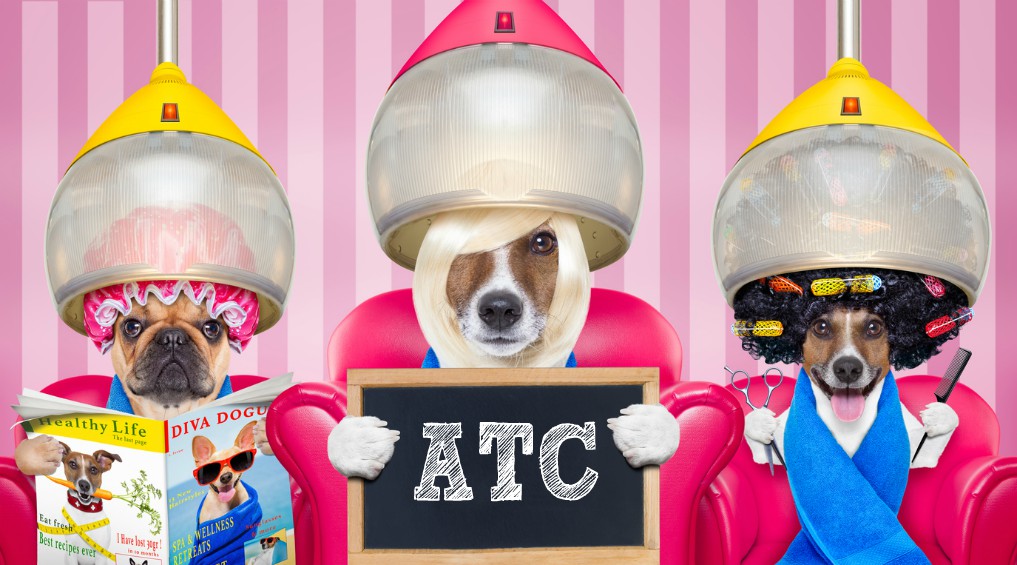Side Income or Hobby – What’s the Difference?
If you earn money from a side hustle or income—a hobby that makes money for at least three out of the past five years, a time-consuming freelance writing gig, selling stuff on eBay, for example—the IRS expects you to report it and pay income tax on it.
Side hustle or income can also push you into the realm of what the IRS considers self–employment, which is subject to SE tax. Both hobby and self-employment income must be reported, and the rule of thumb is that the IRS expects taxpayers to report all income, no matter how negligible.
And we’re not just talking about cash. The side income can be profits from trading or barter, contest prizes, and income you don’t tap into, such as dividends on stocks, etc. Categories of side income subject to tax are vast and can even include the interest you did not have to pay on a canceled debt.
You report hobby income as “other income” on Form 1040. Self-employment income must, as described further on, be reported on Schedule C.
So what’s the difference between a hobby and self-employment? A hobby is a side gig or a seasonal endeavor that takes up a small amount of your time. For example, you have a green thumb and grow more strawberries than you can eat. For the past 3 years you have sold your excess at a farmer’s market. You must report that income.
On the other hand, if you devote a substantial part of your day to earning an income resulting from your enterprise, the IRS considers you self-employed. If you are self-employed—i.e., your primary purpose is to make a profit—you must file Schedule C with your income tax return. You use Schedule C to report business income and losses. You also must pay a self-employment tax.
Reporting Your Side Income isn’t always Taxing
The good news? If you have qualifying children on your return, you may qualify for tax credits that would help offset your tax liability. These credits could in fact help wipe out your SE tax entirely. In cases where the Self-Employment net income is low, you may even have a refund coming back! Additionally, just because you report all your income, that doesn’t necessarily mean it’s all taxable.
The IRS requires you to claim all your expenses and report it on a Schedule C. But you can use the same form and report miscellaneous deductions to trim your overall tax bill. Those deductions are typical business expenses and can include:
- an allowance for your home office or other area of your home used for your business
- a mileage allowance for your car
- any dues and subscription fees charged by professional organizations
- expenses for tools and equipment
- tuition and education expenses
If your side income is substantial (say, more than $1,000 a year) you should consider paying quarterly estimated taxes. That means filling out a Form 1040-ES and sending the IRS an upfront estimated payment to avoid a penalty at the end of the tax year. Alternatively, you could have your main employer deduct an increased amount from your paycheck. Again, the bottom line is that if you have income, it is generally taxable.
See IRS Publication 525 for a complete listing of taxable and non-taxable income, including authorized deductions. If that list raises more questions in your mind than it answers, our tax service experts in the Atlanta and Milwaukee area are ready to assist.
ATC Sch-C Form Experts: available in the following locations – Atlanta, Decatur, College Park, Riverdale, Marietta, Norcross, Suwanee and Conyers in Georgia and Milwaukee, Brown Deer and Racine in Wisconsin. Book an Appointment today – always Free Tax Consultation.








